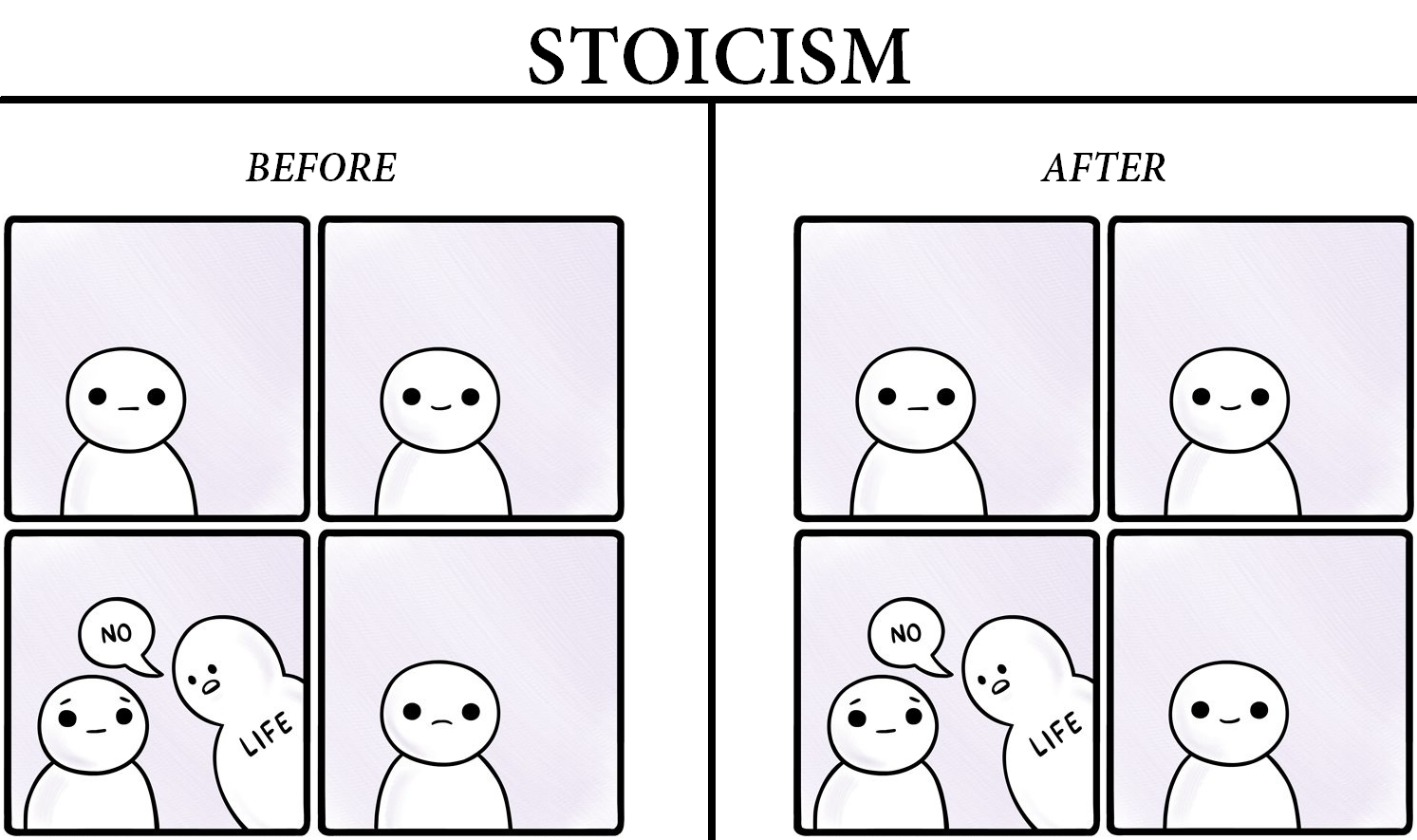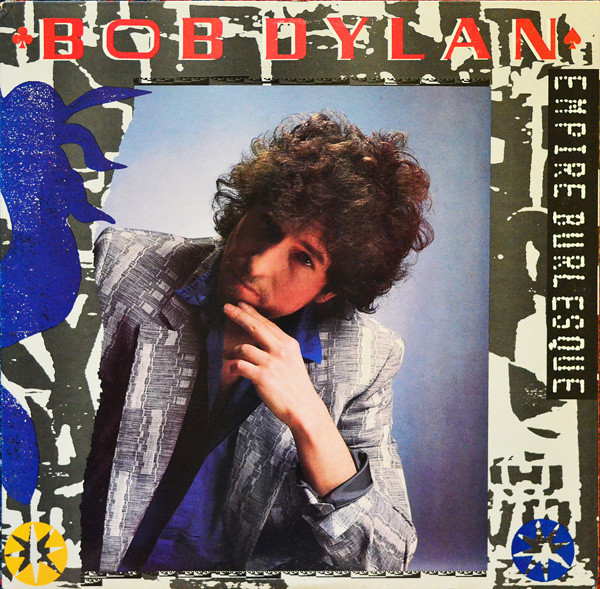My school year is almost done. The students have graduated, my reports are almost finished, and now I just need to hunker down for some meetings. Every summer I get major whiplash from having no time at all to having all the time in the world. This usually sends me into a spiral of anxiety and depression.
This spiral has been more acute in the last six years because I end up spending a lot of time reading the news and on Twitter. With the state of the world being what it is, my depression just ends up snowballing to the point where I get paralyzed with fear and anxiety. This year I have resolved to break this cycle.
Some of that is going to involve restrictions on my online time, some of it is going to involve a bunch of cleaning and home improvement projects, and I have decided some of it is going to involve better reading habits. Instead of descending into the swamps of online discourse every day, I want to explore Stoic philosophers.
For the last Christmas in the Beforetimes a dear friend and reader sent me a book about Stoicism. I didn't read it right away, but dug in during the start of the pandemic. I found much consolation in it, which started me back down a path of reading philosophy again. That experience has really helped me ward off the demons of despair. It has allowed me to be clear-eyed about how I am going to approach living the rest of my life in a broken world that will likely be a much worse place than the already bad one I was born into.
I don't go all in on Stoicism, but there's wisdom there to be mined in these awful times. Stoicism is ultimately about dealing with the fact that the world is a place rife with disappointment and suffering. Happiness is ephemeral, our inner sense of self is not. When faced with tragedy we need to steel ourselves. I don't embrace the Stoic denial of emotions, but if I can't get control of them I won't be able to function when a lot of people are relying on me.
So first up is going to be Marcus Aurelius' Meditations, which I will be reading with a former student. Not sure where I will go after that, but I'm hoping for a summer of wisdom and reflection.


